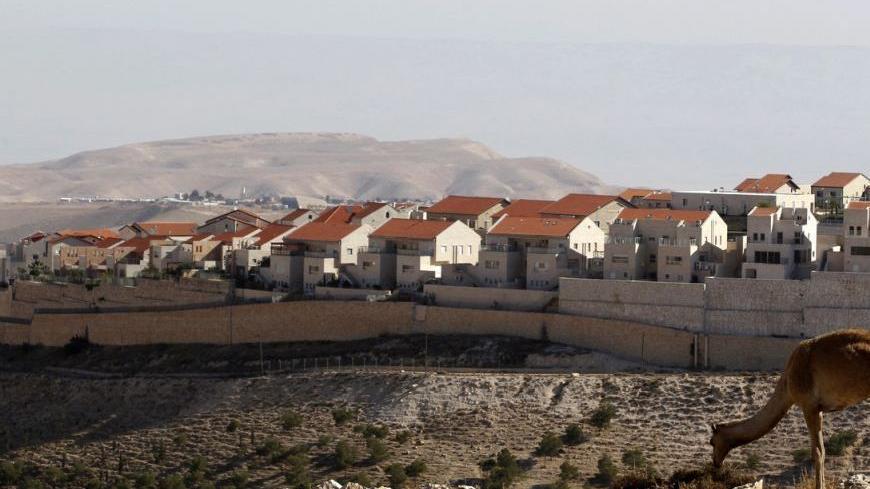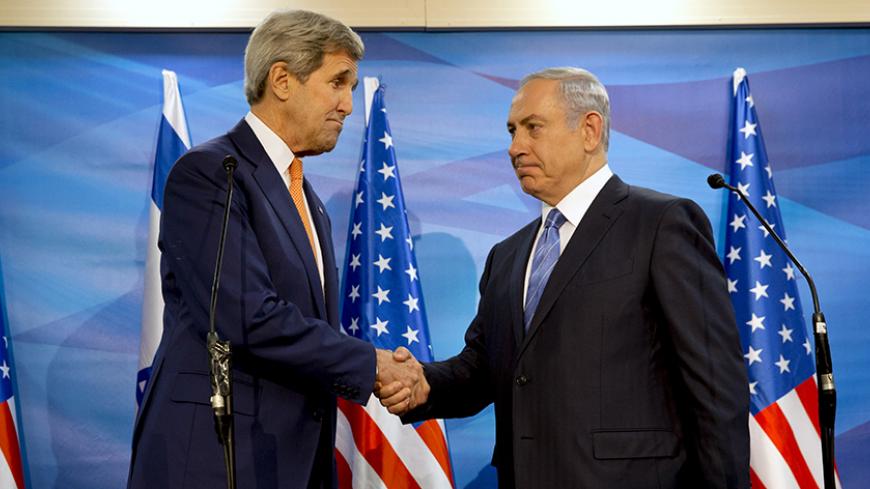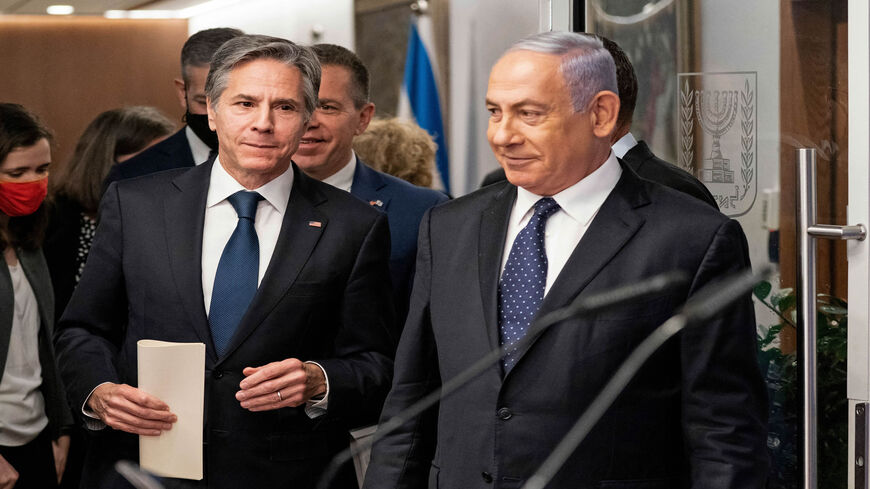For the day after, a 3-phase Gaza plan toward a two-state solution
The stark options before Israelis and Palestinians today are to continue to fight each other or to agree on a plan to achieve the timely fulfillment of a two-state solution.

CAIRO — After years of declining interest, a two-state diplomatic solution to the Palestinian-Israeli conflict is regaining widespread international support as the ongoing bloodshed from the Gaza war and ensuing regional tension are reminding policy-makers of the cost of paralysis.
Regrettably, these last seven months have obliterated the remaining confidence between progressive Palestinians and Israelis that is so important for them to work toward living in peace in two sovereign states. Anger over recent tragedies has prompted extremists to push the region to the brink.
A dangerous stalemate
The stark options before Israelis and Palestinians today are to continue to kill each other or to agree on a plan to achieve the timely fulfillment of a two-state solution.
The Oct. 7 attacks and the war in their aftermath makes a two-state solution an urgent priority. The horror of that day has fueled Israeli anger and anguish, but is also painful evidence that the cycle of violence will not end with Israel occupying Palestinians. For the Palestinians, the past seven months are painful testimony that their national identity cannot be exercised except through peace with Israel, which frequently uses excessive force in response to militancy. Neither side will come out victors in zero-sum calculations.
We are at a dangerous stalemate. Hamas wants a cease-fire and an Israeli withdrawal in exchange for a release of the hostages. Israel has offered an ambiguous cease-fire involving a full hostage exchange and the end of Hamas, affirming that it will continue to target Hamas' leadership everywhere and establish security control over Gaza.
It is not surprising that the extensive Egyptian-Qatari efforts supported by the United Nations to find common ground have failed so far. To move forward, we need a comprehensive plan to be adopted internationally in order to provide the political legitimacy and global support necessary to survive future shifting political configurations. These phases would include:
Phase one:
- A multi-stage exchange of the remaining Oct. 7 hostages for incarcerated Palestinians, followed by a complete cease-fire throughout Gaza and an Israeli withdrawal.
- The creation of an international protection and monitoring force to oversee implementation of agreements as well as law and order procedures to ensure Palestinian security in Gaza and the West Bank and contain cross-border violence. Both are well within the mandate of the United Nations Security Council.
- The establishment of a humanitarian assistance program for Gaza and the creation of an international reconstruction fund with a mechanism for expedited implementation, established by or in conjunction with the UN General Assembly or its relevant bodies.
Phase two:
- The placement of the Palestinian state, based on 1967 borders, under a UN trusteeship council or equivalent body for a two-year period, without prejudice to the international recognition it has achieved or the rights and responsibilities of the Palestinian Authority pursuant to its agreements with Israel. This would enhance governance in both the West Bank and Gaza based on a newly established technocratic government.
Phase three:
- Under the auspices of the UN Security Council, a Palestinian-Israeli negotiating process with a two-year timeline toward the establishment of a two-state solution based on the 1967 borders with respective contiguous capitals in east and west Jerusalem and guaranteed universal access to religious sites.
The success of this plan would end the occupation and resolve the core issue of the Arab-Israeli conflict by establishing peace, security and stability, bringing the people of the region much closer to coexistence.
The choice is clear. We can courageously direct the agony on both sides toward a conclusive resolution of the conflict and bring peace to Gaza and the West Bank as well as Jerusalem. Or we can allow the same sentiments to further erode the diminishing sense of humanity in the region.








